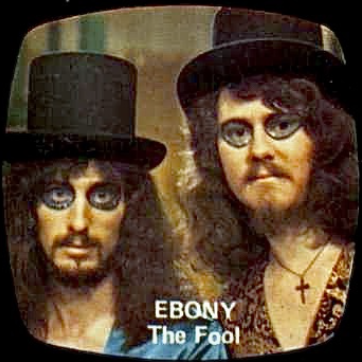|
Kiwi songs - Maori songs - Home " There are four things that matter to people: they must have somewhere
to live, food to eat, clothing to wear, and something to
hope for."
After working-class Kiwis, especially Maori, had suffered for 12 years under a business-orientated government, Norman Kirk became one of our most popular prime ministers, owing to his charisma, powerful oratory and support for the down-trodden. His untimely death changed the course of New Zealand history for the worse. aaaa
Norman KirkIn
1972 Norman Kirk broke the right-wing National party’s
12-year-long grip on the Treasury benches and became
Labour’s first New Zealand-born PM.
Kirk was from the working class. He had built his own house and had received little formal education, but like earlier Labour leaders, he read widely and became a skilled debater. He won the Lyttelton electorate in 1957 and eight years later became leader of the opposition, winning the 1972 election handsomely with the slogan ‘It’s time’. His ministry included many young faces. Kirk’s
interest in foreign affairs brought new links with Africa
and Asia. He campaigned strongly against French nuclear
testing in the Pacific. At some cost politically, he also
prevented a racially selected Springbok rugby team from
touring New Zealand.
At home, Kirk’s ministry brought a new sense of national identity. Waitangi Day became New Zealand Day. A photograph of Kirk walking hand-in-hand with a young Maori boy across the marae remains the enduring image of his prime ministership.  His government reformed Maori land law and took significant steps towards the settlement of land claims. Perhaps its most far-reaching innovation was the Treaty of Waitangi Act 1975, which set up the Waitangi Tribunal. In August 1974 he died in hospital. Thousands attended his state funeral. Ebony |
|
